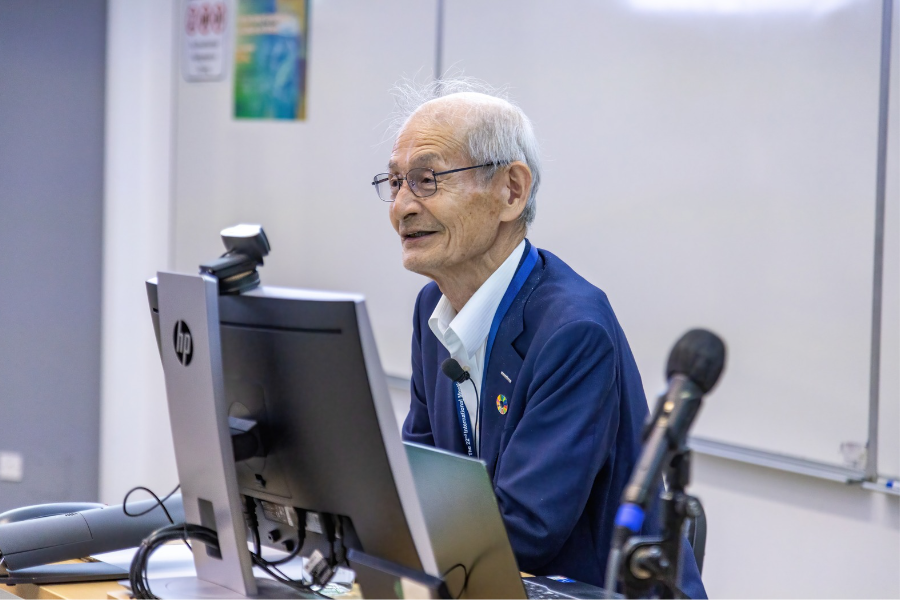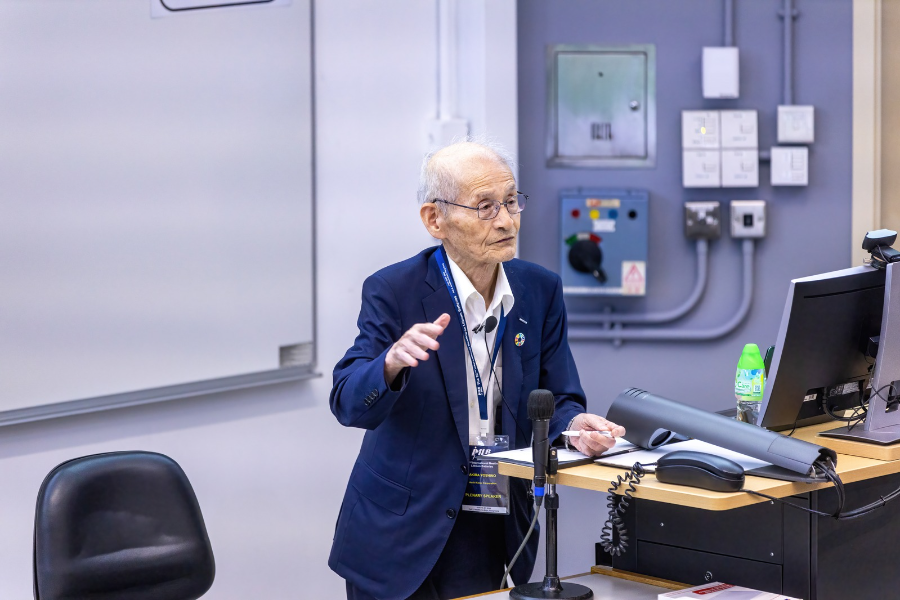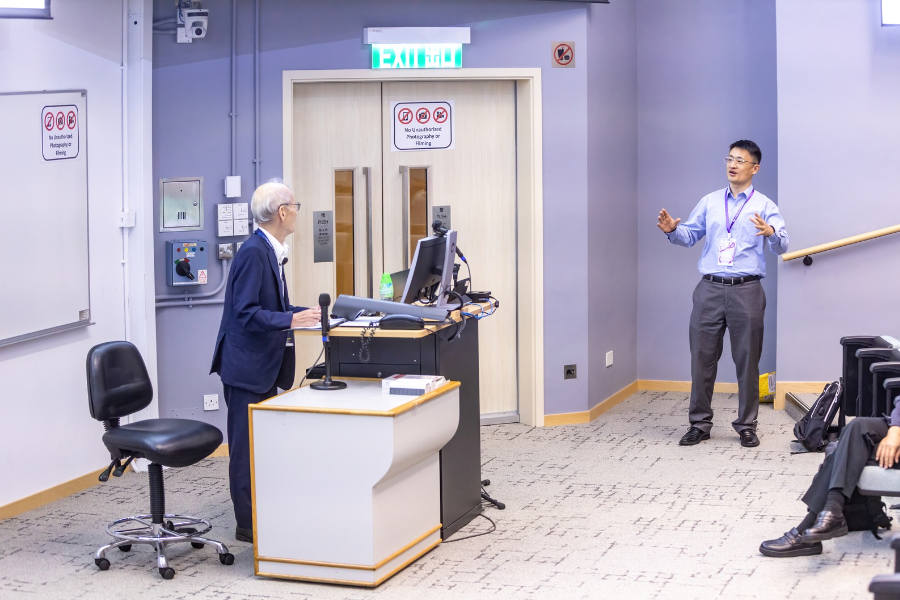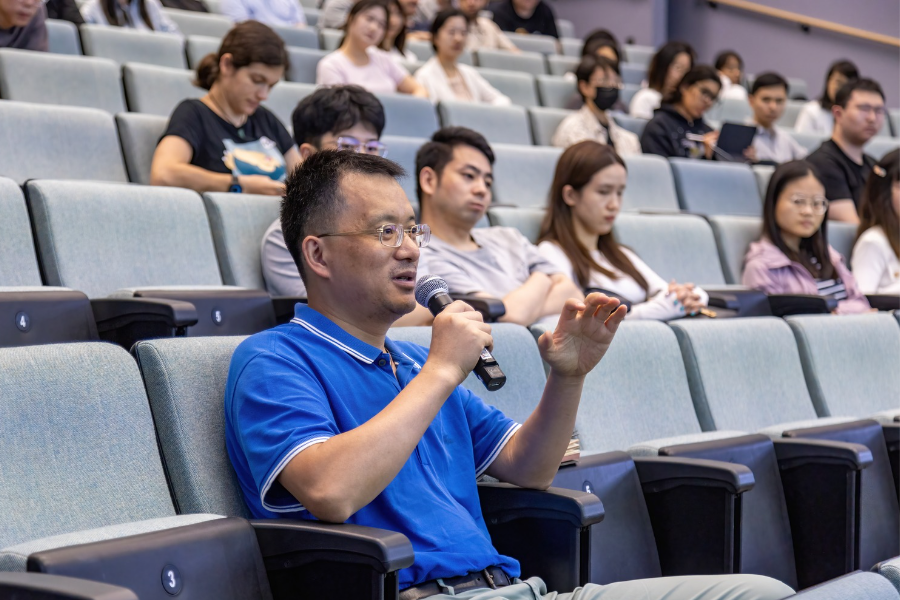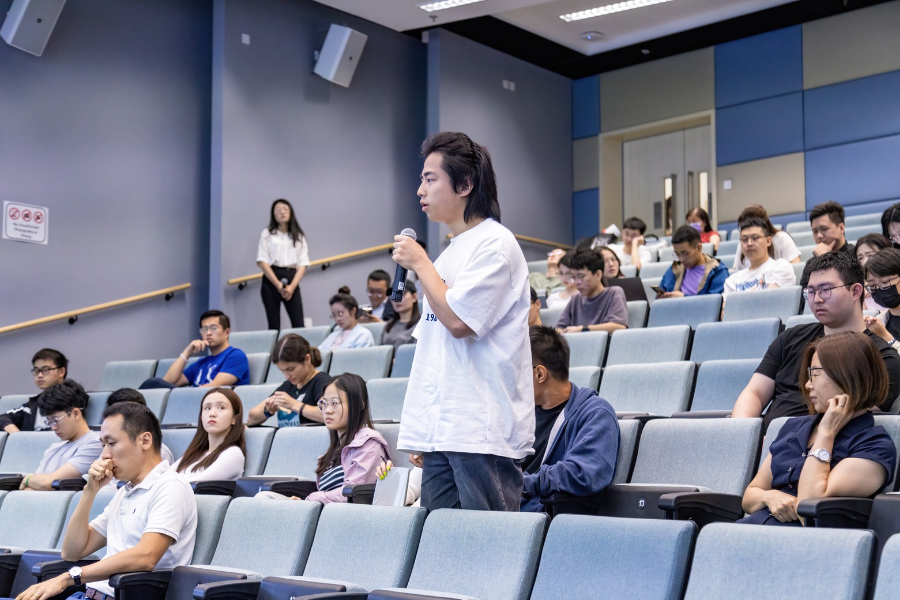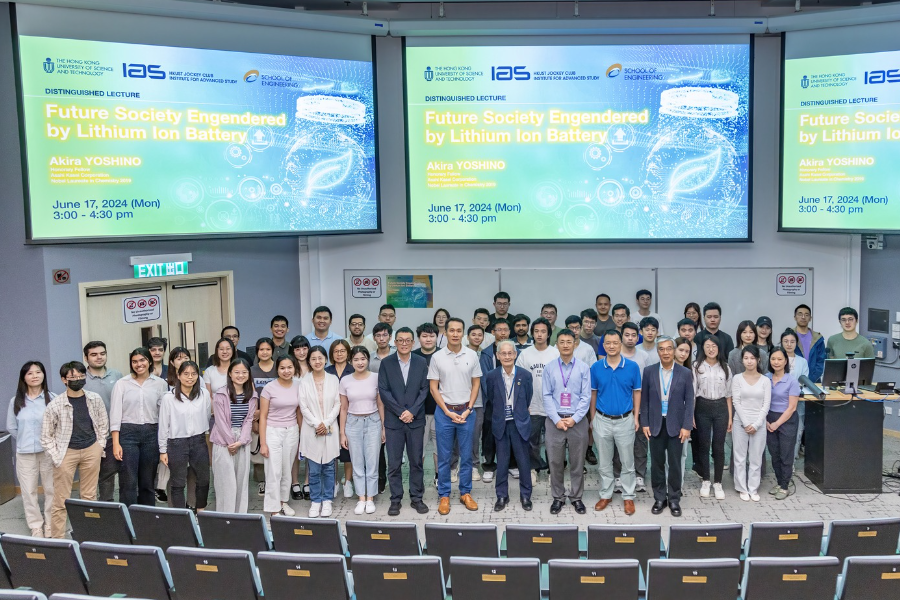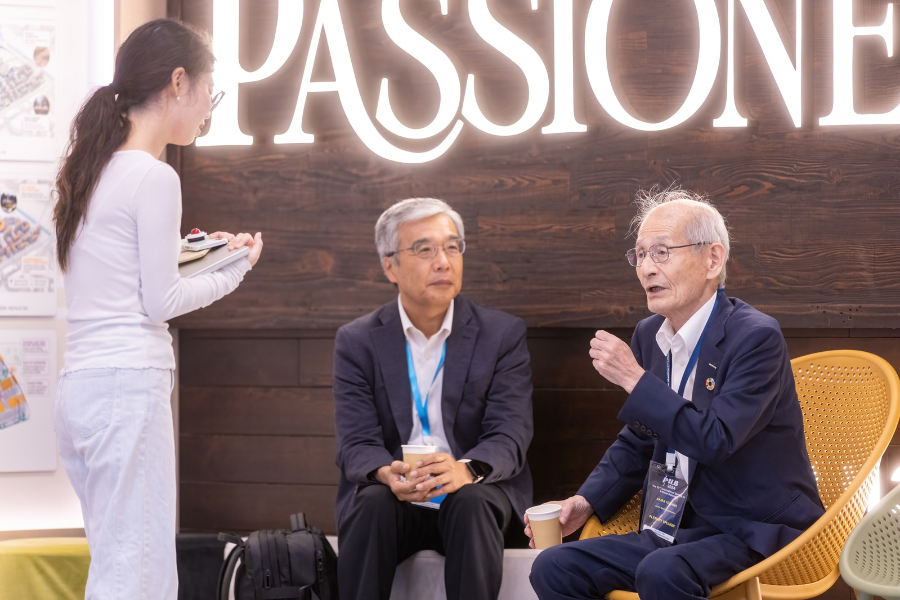Future Society Engendered by Lithium Ion Battery
Abstract
The lithium-ion battery (LIB) is a small and lightweight rechargeable battery which greatly contributed to the advent of the mobile IT society. For over 25 years in consumer electronics applications, the LIB’s performance and reliability have been improved while its cost has been reduced. Currently the LIB is at a turning point in automotive applications. This will not simply be electrification of vehicle drive systems, but integration with the latest technologies such as IoT, AI, and 5G. This is expected to usher in a major social transformation in terms of the future of mobility.
What will the electrification of vehicles be like from 2025 onward, and how will the LIB contribute to a sustainable society? We often hear the buzzword “CASE” regarding the future of mobility. This is an important concept. “C” stands for connected, meaning vehicles will be connected to the internet, which is the concept of IoT. “A” stands for autonomous, meaning vehicles will drive without humans operating them, which is a kind of AI technology. “S” stands for shared, meaning vehicles that are not individually owned. “E” stands for electric, meaning vehicle drive systems will be electrified. These four aspects of the CASE concept are symbolic of the future of mobility.
The negative legacies of the industrial revolution and global environmental issues require a fundamental solution. In combination with new technologies such as AI, IoT, and 5G, the LIB can enable a truly sustainable society.
About the Speaker
Dr. Akira YOSHINO received his BS and MS from Kyoto University and his PhD in Engineering from Osaka University. He joined the Asahi Kasei chemical company in 1972 and is currently an Honorary Fellow of Asahi Kasei Corporation. He began research on rechargeable batteries in 1981, and in 1983 fabricated a prototype rechargeable battery using lithium cobalt oxide as cathode and polyacetylene as anode. He switched to carbonaceous material for the anode and in 1985 fabricated and received the basic patent for the first prototype of the LIB.
Dr. Yoshino was awarded the Nobel Prize in Chemistry in 2019, jointly with Prof. John B. GOODENOUGH and Prof. M. Stanley WHITTINGHAM, "for the development of lithium-ion batteries". He has also received numerous national and international awards, including the IEEE Medal for Environmental Safety Technologies in 2012, the Global Energy Prize in 2013, the European Inventor Award in 2019 and the VinFuture Grand Prize in 2023.
For Attendees' Attention
-
Seating is on a first come, first served basis.
-
Photo-taking or video-recording is prohibited during the lecture.

